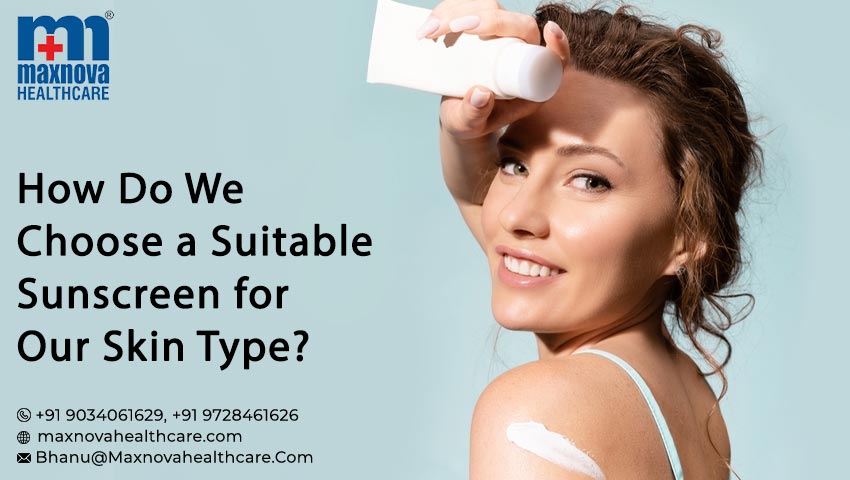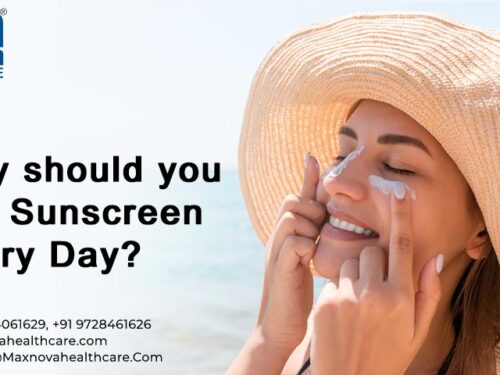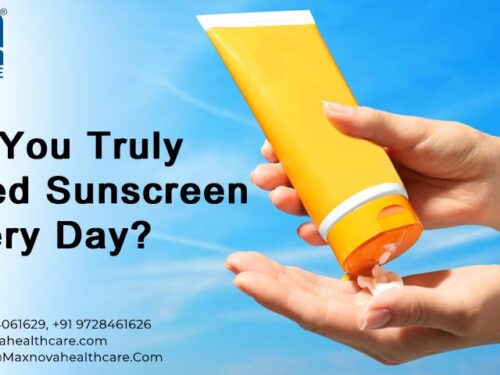

Sunscreen is a lotion, spray, or gel that you put on your skin to protect it from the sun’s harmful rays. It works by blocking or absorbing ultraviolet (UV) radiation from the sun. This radiation can damage your skin and cause sunburn, premature aging, and even skin cancer. Sunscreens usually contain chemicals that act as filters to absorb UV rays, while others have minerals that reflect the rays away from your skin. Applying sunscreen helps keep your skin safe when you’re outside in the sun.
How Sunscreen Protects Your Skin
Sunscreen protects our skin from harmful UV rays in two main ways: absorption and reflection. Chemical sunscreens contain compounds that absorb UV radiation, converting it into harmless heat before it can damage the skin. On the other hand, physical sunscreens use minerals like zinc oxide or titanium dioxide to reflect UV rays away from the skin’s surface, acting like a shield. By either absorbing or reflecting UV radiation, sunscreen helps prevent sunburn and premature aging, and reduces the risk of skin cancer. Applying sunscreen regularly is essential for maintaining healthy skin when spending time outdoors.
Decoding SPF: Understanding its Role in Sunscreen Protection
SPF stands for Sun Protection Factor, and it measures how well a sunscreen protects against UVB rays, which are the type of rays that cause sunburn. The SPF number indicates how much longer you can stay in the sun without getting burned compared to not wearing sunscreen. Here are the different SPF factors and their meanings:
- SPF 15: Provides moderate protection, allowing you to stay in the sun 15 times longer than without sunscreen.
- SPF 30: Offers high protection, allowing you to stay in the sun 30 times longer than without sunscreen
- SPF 50: Provides very high protection, allowing you to stay in the sun 50 times longer than without sunscreen.
- SPF 100: Offers maximum protection, allowing you to stay in the sun 100 times longer than without sunscreen.
Choosing a sunscreen with the appropriate SPF factor is important for effectively protecting your skin from sunburn and other harmful effects of UV radiation.
Types of Sunscreen Available in the Indian Market
- Chemical Sunscreens: These sunscreens contain organic compounds like avobenzone, oxybenzone, or octocrylene, which absorb UV radiation and convert it into heat.
- Physical Sunscreens: Also known as mineral sunscreens, these products contain ingredients like zinc oxide or titanium dioxide, which create a physical barrier on the skin to reflect and scatter UV rays away from the skin’s surface.
- Combination Sunscreens: These sunscreens combine both chemical and physical filters to provide broad spectrum protection against both UVA and UVB rays.
- Water Resistant Sunscreens: These formulations are designed to withstand exposure to water or sweat for a specified period, providing extended protection during outdoor activities or water sports.
- Tinted Sunscreens: These sunscreens contain pigments that provide a tint to the skin, offering additional coverage and evening out skin tone while protecting against UV rays.
In the Indian market, consumers can find various types of sunscreens suited to their preferences and needs, offering protection against harmful UV radiation and helping to prevent sun damage.
Choosing the Best Sunscreen for Your Skin Type
- Know Your Skin Type: Determine if your skin is oily, dry, sensitive, or a combination. This will help you select a sunscreen that suits your skin’s needs.
- Broad Spectrum Protection: Look for a sunscreen labeled as “broad-spectrum,” which means it protects against both UVA and UVB rays.
- SPF Factor: Choose a sunscreen with an appropriate SPF factor based on your skin tone and sun exposure. SPF 30 or higher is recommended for most skin types.
- Consider Formulation: Select a sunscreen formulation that works well with your skin type. For oily or acne-prone skin, opt for oil-free or gel-based sunscreens. Dry skin may benefit from moisturizing or cream-based sunscreens.
- Ingredients: Check the ingredients list for potential irritants or allergens, especially if you have sensitive skin. Avoid sunscreens containing fragrances, alcohol, or harsh chemicals.
- Water Resistance: If you’re swimming or sweating, choose a water-resistant sunscreen to ensure long-lasting protection.
- Non Comedogenic: For acne-prone skin, opt for non-comedogenic sunscreens to prevent clogged pores and breakouts.
- Additional Features: Consider sunscreens with added benefits like antioxidants, anti-aging properties, or tinted formulas for extra coverage.
- Patch Test: Before using a new sunscreen, perform a patch test on a small area of your skin to check for any adverse reactions.
- Dermatologist Recommendation: If you’re unsure which sunscreen is best for your skin type, consult a dermatologist for personalized recommendations tailored to your specific needs.
By following these guidelines, you can choose the best sunscreen to protect your skin effectively while considering your skin type and individual preferences.
Conclusion
Maxnova Healthcare stands out as the premier sunscreen manufacturer in India. Our commitment to quality, innovation, and safety ensures that our sunscreens offer superior protection against harmful UV rays. With a wide range of products tailored to various skin types and needs, we prioritize customer satisfaction and skin health above all else. Trust us to provide you with the best sunscreen solutions for your skin, backed by our dedication to excellence.





